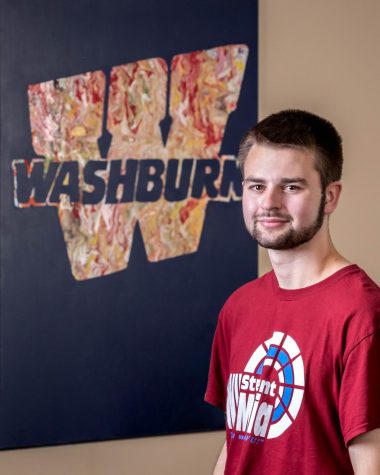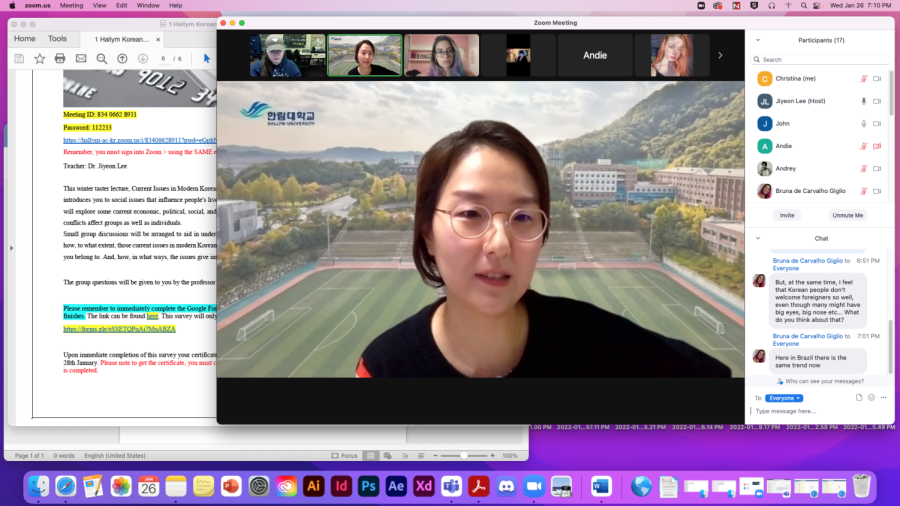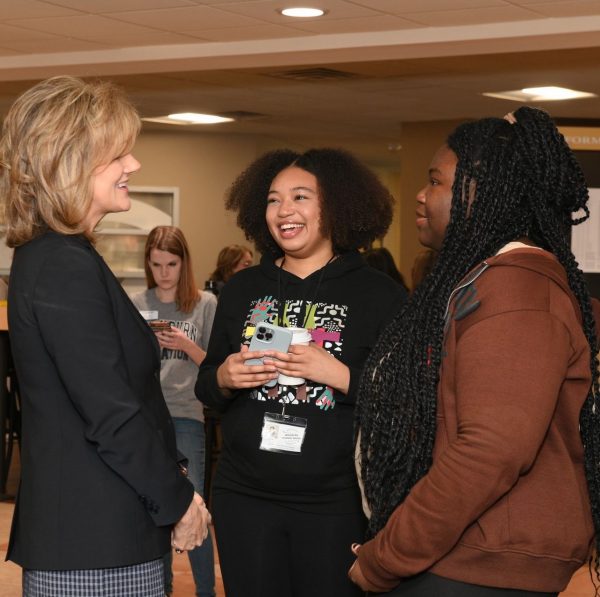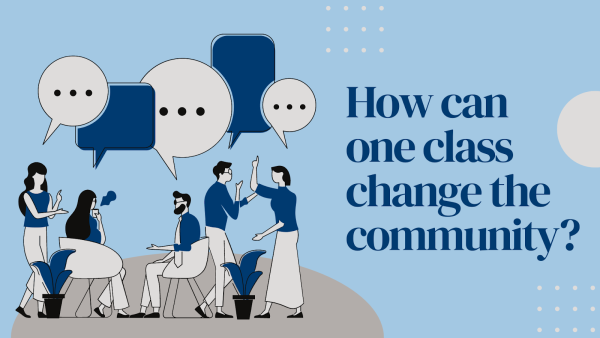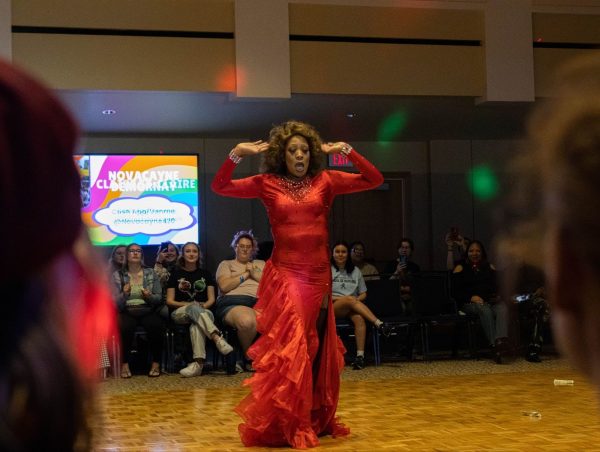New programs let students study abroad from home
The COVID-19 pandemic brought many changes to the ways that Washburn University operates and the opportunities available to students. One of those additions was the creation of virtual study abroad online programs in the fall of 2020.
Tina Williams, study abroad program coordinator, went into action creating the program when it seemed like the study abroad program would be in trouble.
“Over the summer we worked, collaborating with our partners and trying to find ways to keep international education going,” Williams said. “Because of the situation we were faced with, we had to come up with alternate ways for students to access international education.”
With not much advertising for it, only a few students have chosen to take one of the virtual programs so far. While it is not meant as a replacement, more students still opt for a full, in-person study abroad experience since it became available again.
“They are still relevant, international experiences and we recognize them as strong connections to other cultures and communities around the world. And we want to continue supporting any way we can help students achieve international education,” Williams said.
Christina Noland, a senior mass media major, took a three-day Korean virtual study abroad program between the fall 2021 and spring 2022 semesters after a professor had recommended it the year before.
“I wouldn’t necessarily call it a study abroad, I know you had to apply as if you were actually applying for study abroad, but it was more like just seminars and lessons of what a foreigner would expect if they were transferring to study over,” Noland said.
The lessons for Noland’s program were similar to a live Zoom class with students from all around the world. Most of the classes were lectures with some interactive elements mixed in.
The program serves more as an additional learning experience since it currently does not account for any class credit at Washburn. Even with that, Noland enjoyed and learned from her experience, seeing it more as something that is beneficial to take before actually going to study abroad, not as a replacement.
“I still think that studying abroad is absolutely more valuable, because you’re immersed in it the culture,” Noland said. “I think it would absolutely be worth it for the students planning to study abroad in that country.”
The Study Abroad Program, led by Williams, coordinates and partners with universities around the world to provide these opportunities for students. The South Korean experience that Noland took was in partnership with Hallym University in South Korea.
While the virtual option might not fully replace actually going to study abroad and does not count for college credit, there are still scholarships and support available from the Study Abroad Program.
Students interested in finding out what options are available can contact Williams to learn more and get started with the new virtual opportunity.
Edited by: Glorianna Noland, Alyssa Storm
Your donation will support the student journalists of Washburn University. Your contribution will allow us to purchase equipment and cover our annual website hosting costs.
